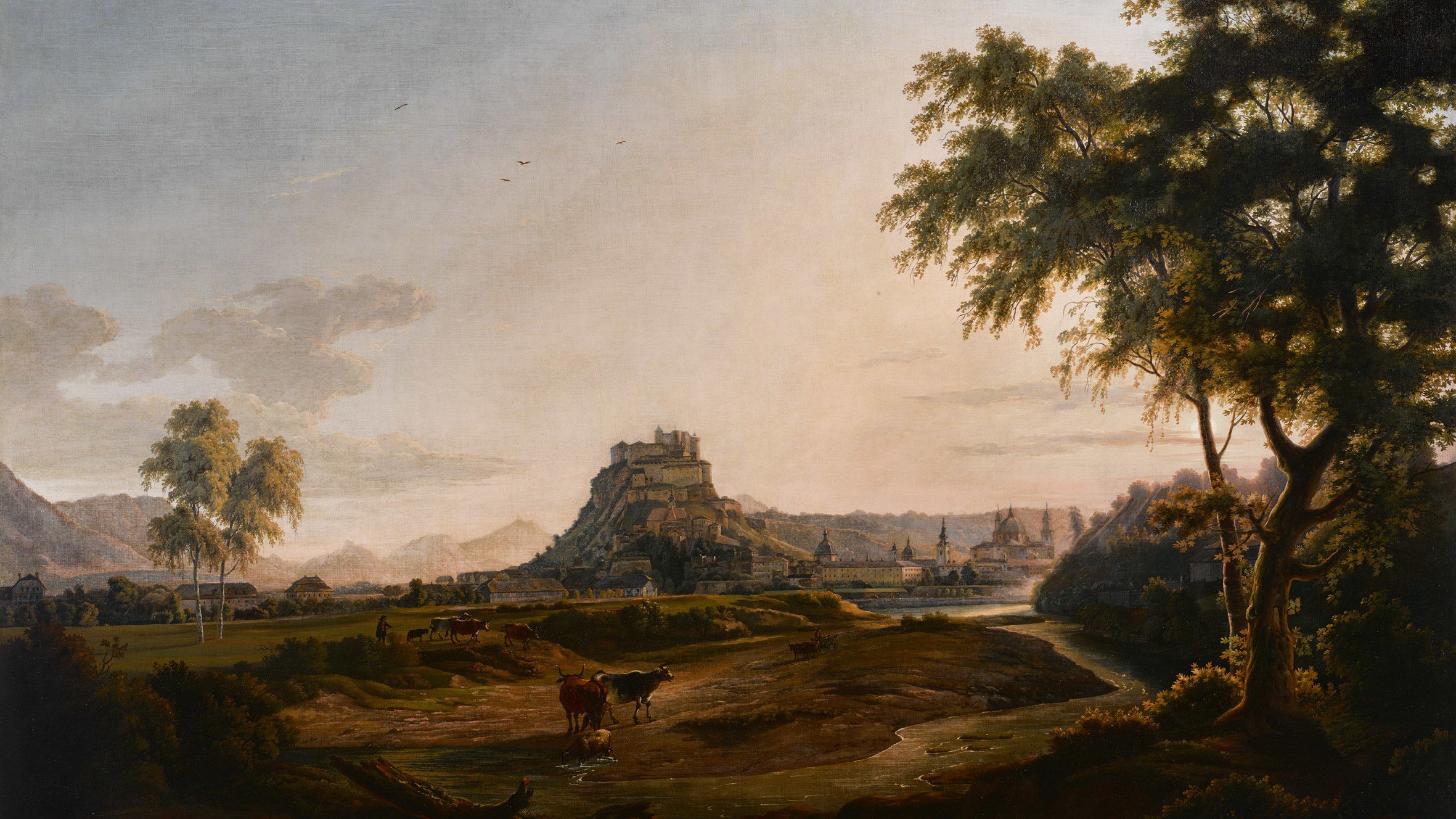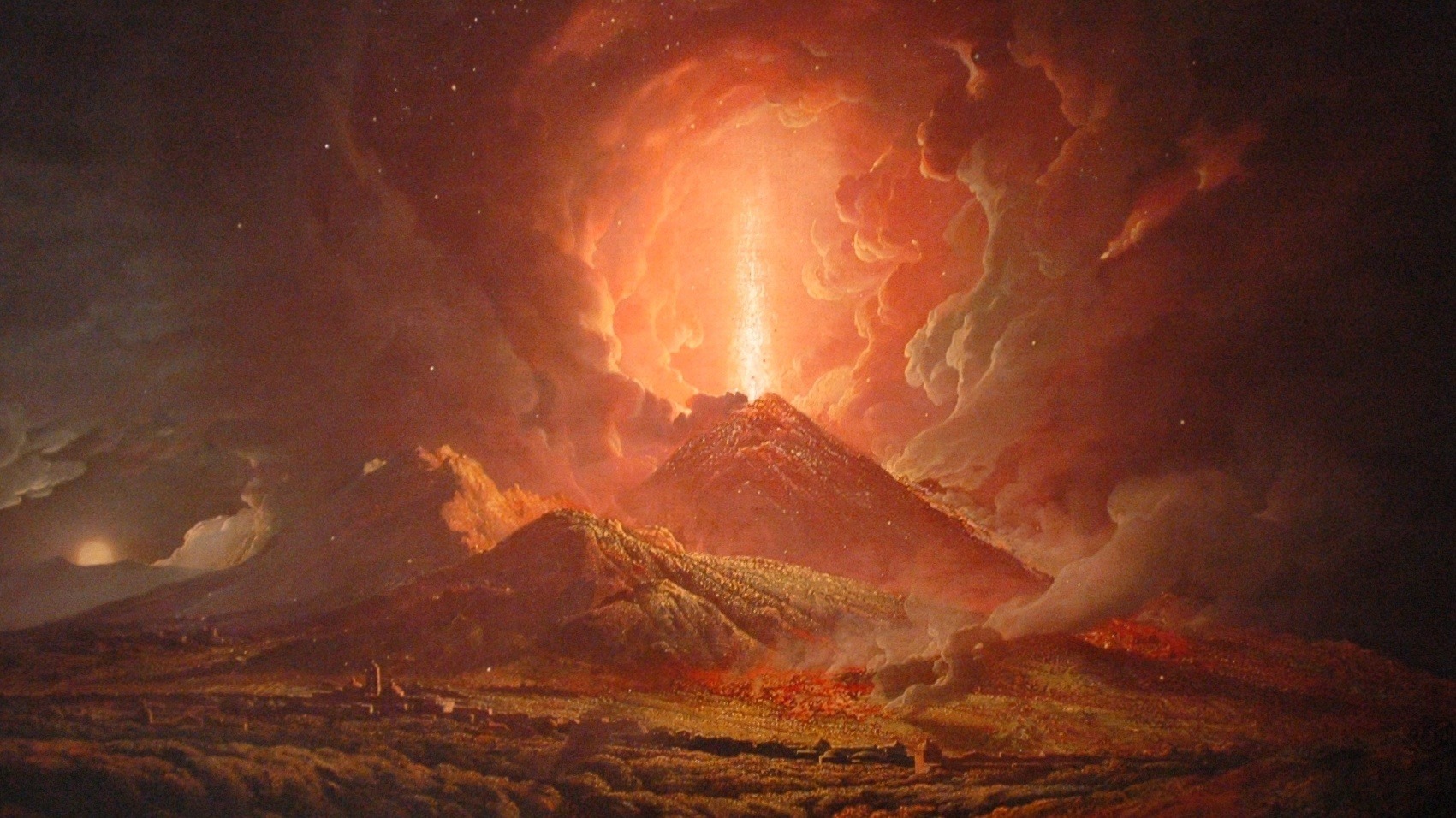Mozart’s Piano Concerto No. 17 in G Major: A Magical Operatic Drama
Mozart wrote six piano concerti in 1784. Each distinct in atmosphere, they served as dazzling vehicles to highlight the composer’s skill as one of Vienna’s superstar keyboard players. Among these works, Piano Concerto No. 17 in G Major, K. 453 has a special story. Mozart wrote it for his beloved student, Barbara (“Babette”) Ployer, the teenage niece of an adviser to the Salzburg imperial court, who lived outside of Vienna. Proudly, he …







